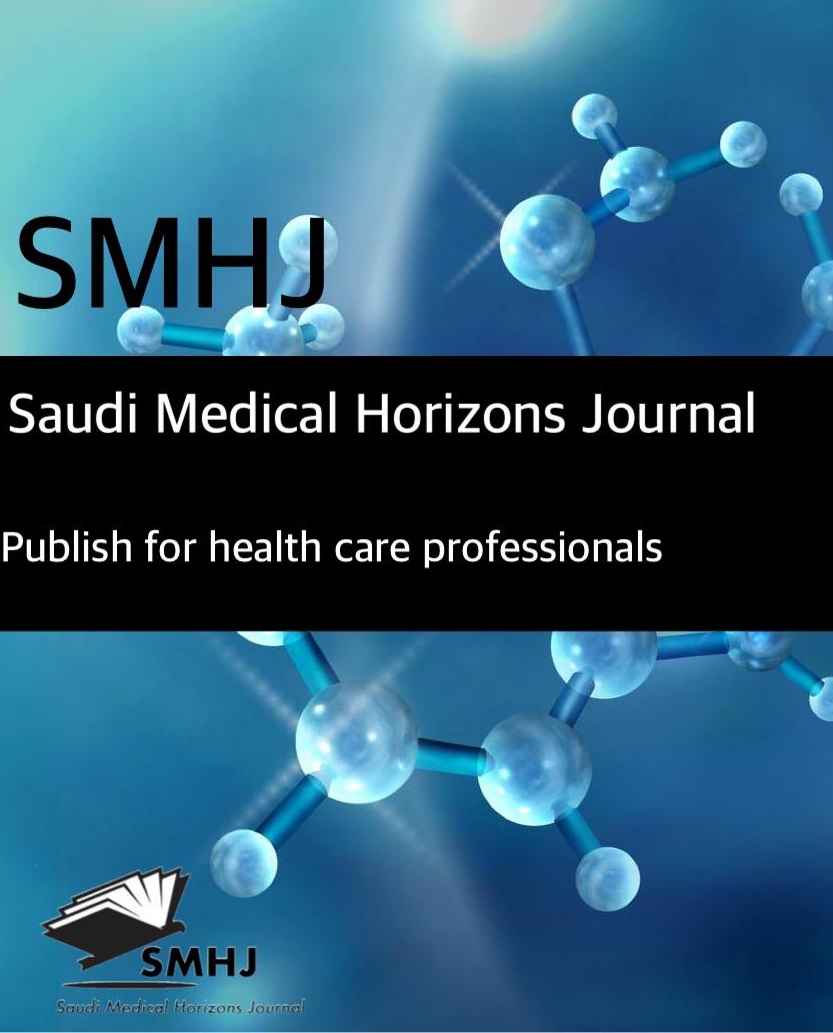Awareness and Practice of Proper Insulin Self-Administration Among Patients With Diabetes Mellitus in Al-Ahsa, KSA
DOI:
https://doi.org/10.54293/smhj.v5i1.122Keywords:
Diabetes mellitus; insulin; DM1; DM2; glycemic control; injectionsAbstract
Introduction: This study assessed the awareness and practices of subcutaneous insulin self-administration among diabetes mellitus (DM) patients in Saudi Arabia. The key objectives were to evaluate patients' knowledge, correlate it with glycemic control, and address gaps to enhance overall patient care for this highly prevalent condition in the region.
Methodology: This was a cross-sectional study conducted in Al-Ahsa, Saudi Arabia, using an online questionnaire to assess diabetes management in randomly selected adult DM patients aged 18-65. Ethical approval and informed consent were obtained prior to the study.
Results: The study involved 380 DM patients from Al-Ahsa, Saudi Arabia. Most were female (59.5%) and Saudi nationals (96.3%), with over half married (53.4%). While 42.1% had type 2 and 45.5% had type 1 diabetes, 12.7% were unsure of their type. 38.7% showed high insulin self-administration awareness, and 42.4% were diagnosed over 10 years ago. Patients heavily relied on healthcare professionals (75.5%) for insulin info, preferred insulin pens (91.3%), and adhered to instructions (65.3%). Factors like age, marital status, and medication use significantly impacted insulin practices. Many counted carbs (40.5%) and adjusted doses before meals (41.3%).
Conclusion: The current study highlights that 38.7% of DM patients show a comparatively high level of awareness. Carbohydrate counting and pre-meal insulin adjustments are practiced by an average of 40% of patients. There is considerable variability among patients regarding insulin practices.
Downloads
Published
How to Cite
Issue
Section
License
Copyright (c) 2024 Saudi Medical Horizons Journal

This work is licensed under a Creative Commons Attribution 4.0 International License.



